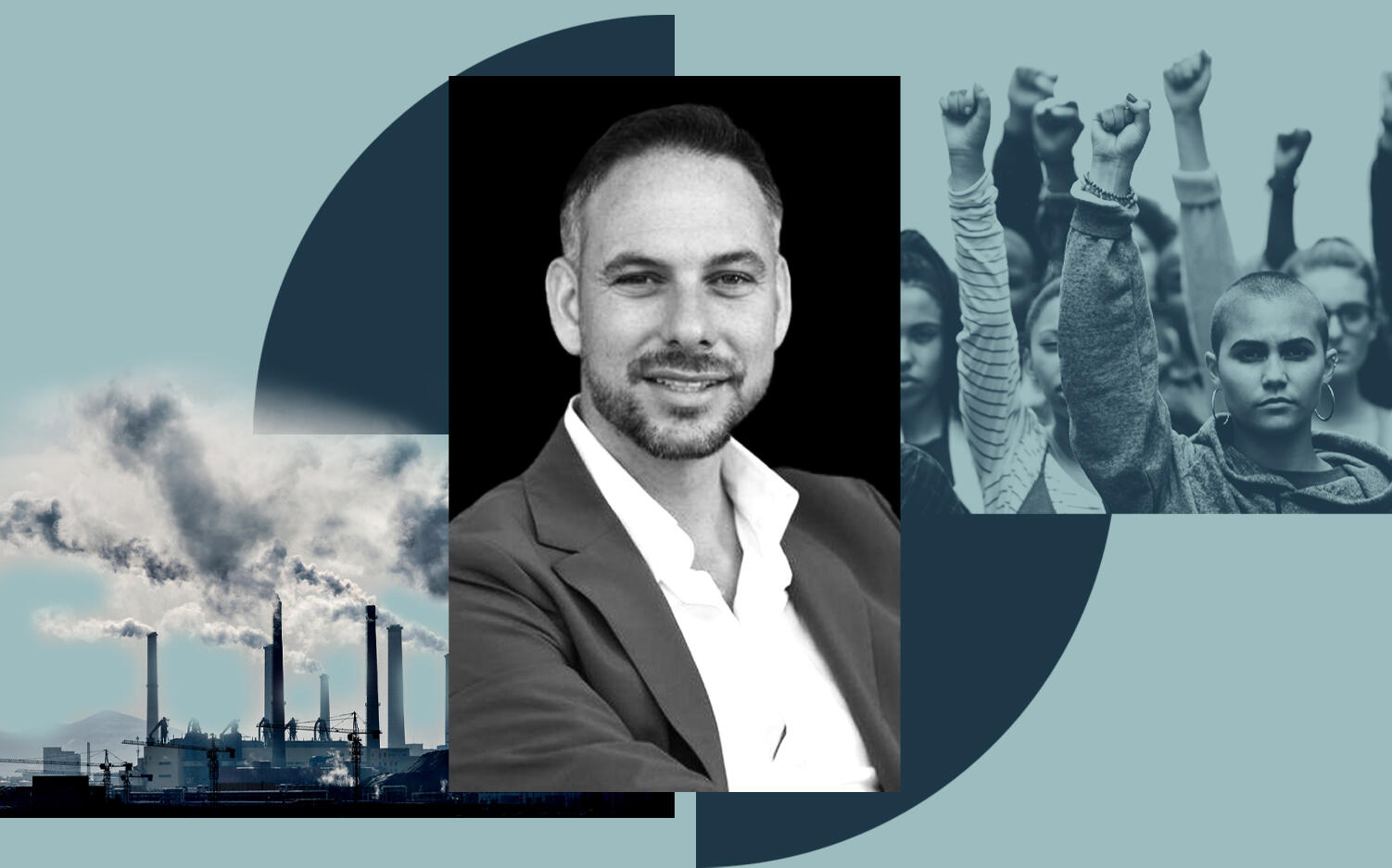Trending
Tony Cho launches company focused on climate change and social activism
Little Haiti-based firm has development, VC and think tank divisions

Tony Cho is taking a step in the movement aimed at finding solutions to climate change, social inequality and affordable housing.
Over the past year, the Metro 1 founder and chairman said he has been living “almost off grid” in his Sebastian, Florida retreat center, giving him time to ramp up his launch of Future of Cities, a new company that will focus on development, policy and venture capital investment.
Future of Cities is working with 20 investors and partner organizations, including the Chopra Foundation by Deepak Chopra, MIT’s Global CoCreation Lab, and the Buckminster Fuller Institute, according to a press release.
The development arm already has $1 billion of planned projects in the pipeline, including an Opportunity Zone development in the Sun Belt, which will use environmental, social and governance (ESG) strategies, Cho said. He plans to include the communities in which he is building during the planning phase to make for a more “inclusive and participatory” process.
Cho wants to focus on investing in black and brown and women-owned businesses in Opportunity Zones, in proptech, smart city tech, health tech and more. Future of Cities made its first investment in an unnamed mobility tech company, he said, declining to provide details.
Future of Cities will also look at public-private partnerships, the 3-D printing of homes to create affordable housing, and ways to decelerate gentrification. The company is based in Little Haiti, near the Magic City Innovation District, a planned mixed-use development Cho is co-developing.
Across the nation, major investors are taking note of the importance of the environment and sustainability. In his annual letter to chief executives last year, BlackRock’s founder and CEO, Larry Fink, pledged to put sustainability at the center of his firm’s investment strategy globally. Portfolios that take a climate-integrated approach will create better returns for investors in the long run, he asserted.
And institutional investors have started to make “asset-level decisions” using climate change analytics to score their portfolios, Billy Grayson, executive director of the Urban Land Institute’s Center for Sustainability and Economic Performance, previously said. The global investors most recently surveyed by the nonprofit organization have pledged net-zero carbon emissions targets as early as 2030 and as late as 2050.
Cho acknowledged that capitalism has “been very good” to him, but he said he’s focused on climate resilience, especially in regions such as South Florida, which is experiencing a huge influx of wealth.
“Traffic is horrendous and climate events keep on happening more frequently,” he said. “We’re in a great place that is also experiencing a huge influx of people, and if we don’t manage that correctly, it could have huge impacts.”




